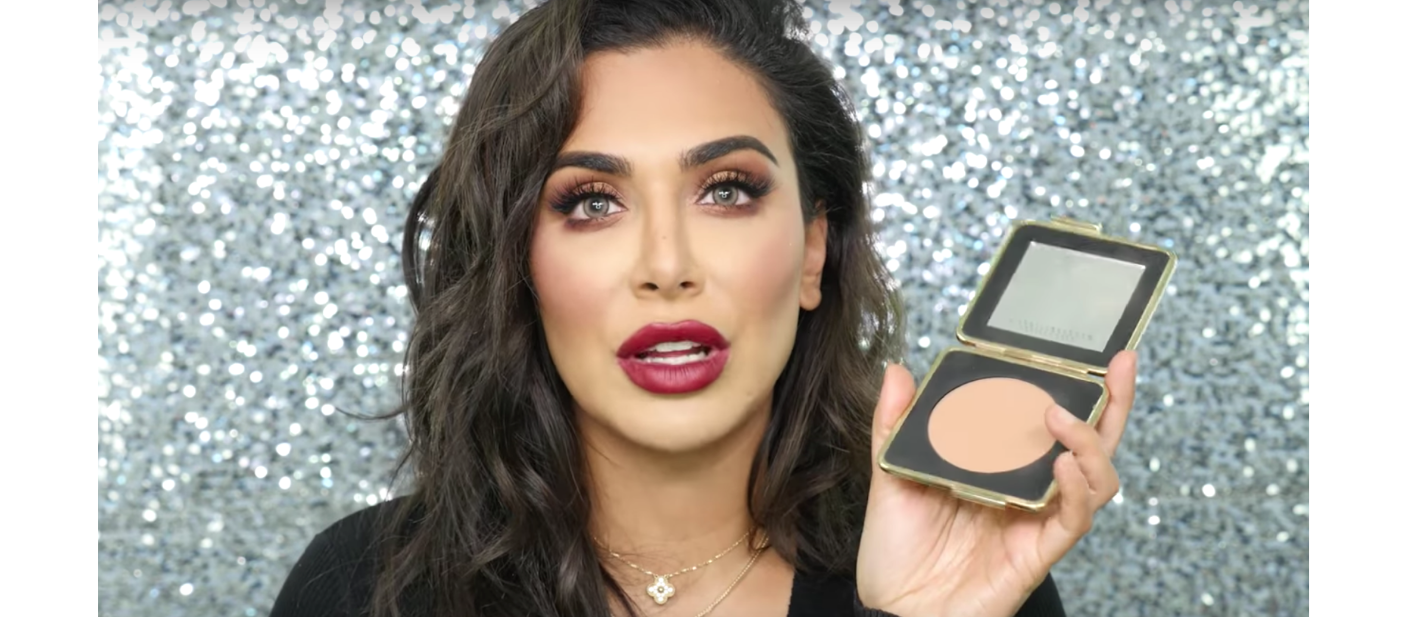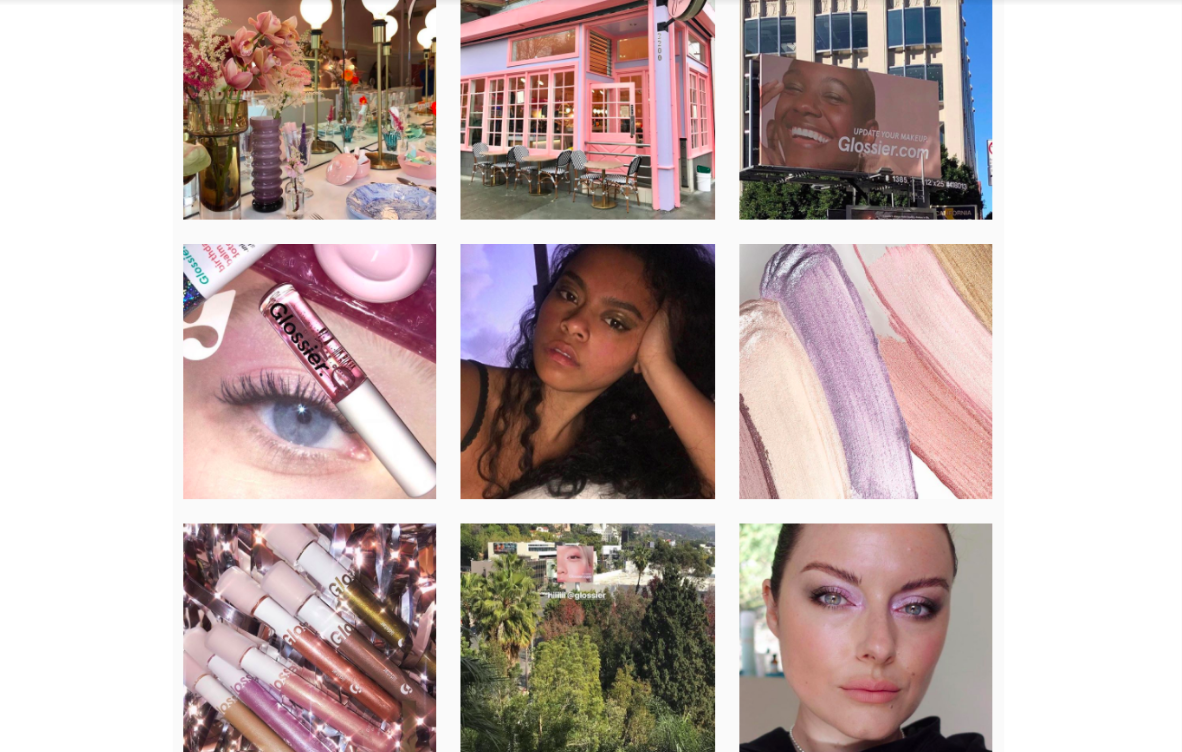By: Allie Emslie
As the largest living generation, millennials are increasingly becoming the target audience for brand marketers and PR professionals. With our aging population, millennials are getting closer and closer to snatching the baton from the baby boomers—not to mention the massive transfer of wealth already starting to take place.
What are millennials going to do with all that spending power? Nobody’s really sure yet, but one thing is clear: millennials have very distinct values, habits, and preferences tied to their earning and spending habits. Here are 8 tips on how to market to millennials, from a millennial:
 Courtesy: Flickr Creative Commons https://www.flickr.com/photos/statefarm/26843056822
Courtesy: Flickr Creative Commons https://www.flickr.com/photos/statefarm/26843056822
1. Be Transparent and Accessible
Transparency is key when marketing to millennials. Customers want to know everything about the products they buy—where they come from, who makes them, what they’re made of—and they want to know all about the companies they buy from, too. Millennials have driven the conscious consumption movement and want all of this information to be easily accessible and understandable. Customer reviews matter to the millennial consumer.
2. Show CSR in Action
Millennials want to align themselves with companies that are actively invested in giving back via Corporate Social Responsibility (CSR.) Embracing brands that appeal to their values, millennials prefer to buy products from companies that prioritize making an impact on the world around them. Millennials also want companies to involve their customers in their good works.
 Everlane factory Mola Inc. Courtesy: Everlane.com
Everlane factory Mola Inc. Courtesy: Everlane.com
3. Be Authentic and Personable
Millennials support brands that make a personal connection with their consumers and are open to fan influence. This lends more importance to social media marketing and the influencers that brands associate with. Social media influencers are to millennials what celebrity spokespeople were for past generations. Millennials trust the influencers they follow, they share their content with friends and, most importantly, they feel attached by the ability to engage with them directly through their channels, whether it be Instagram, Snapchat, YouTube, Twitter, Facebook etc.
However, they can spot an ad from a million miles away. They are keenly aware of marketing speak versus real talk. So keep your communications, advertisements, and content as authentic as possible. Provide real, actionable tips, be transparent in sharing your company values and keep adjectives to a minimum. Above all else, know your authentic voice and use it effectively to connect, not just market to them.
4. Establish Sincere Relationships with Influencers
Millennials are quick to discern a disingenuous brand story. They seek value and appreciate the convenience of online shopping and discovery. They aren’t waking up to read a newspaper to get their current events—they’re reading their Instagram feed. Social media influencers have a significant impact on the purchasing decisions of millennials. Brands should prioritize influencer campaigns when marketing to this group, as they relate to the authentic feeling of influencer content and prefer the raw, no frills, up close and personal nature of the social channels the influencers use. When an influencer promotes a brand, it doesn’t usually feel like an ad, it feels more like a trusted friend recommending a product if done thoughtfully.
 Courtesy: Huda Kattan, Huda Beauty Youtube
Courtesy: Huda Kattan, Huda Beauty Youtube
5. Create A Voice That Resonates
Millennials aren’t like their baby boomer parents who are fiercely loyal to brands. This is why brands need to constantly engage them with unique and fresh content that is both relevant and meaningful. Millennials also communicate differently than older generations. The key is to make them feel that they are a part of the conversation.
Marketing to millennials may seem like an ever-changing, nearly impossible task. But the great thing about marketing to millennials is that they are responsive—they’re good at telling you what they like and what they dislike.
6. Don’t Sell Your Product; Sell Your Purpose
While older generations want to know about product’s features and benefits, millennials require a deeper layer. What is your “why”? How do you impact the world? Brands should lead with their purpose. A purpose-centered brand will come off much more genuine to millennials than traditional sales-y advertisements, which are a major turn off to the millennial consumer.
7. Make Them Feel Valued
Millennials love loyalty programs that go beyond the obvious of helping them save money. Popular with this demographic are loyalty programs where they can be part of a community, while earning rewards. Brands can also keep these customers engaged through perk-based programs by having exclusive events for customers who reach a certain reward level, or who are considered MVPs. This will make them feel valued and rewarded for being loyal customers. Keeping it fresh, surprising and engaging are key.
8. Make Your Product Post-Worthy
Social media is the new SEO, and millennials are hungry for brand education via social media. Optimizing the content is also very important. Eye-catching yet simple and understandable content tends to get the highest shares. This also depends on the platform. Millennials swipe through so much content in one day, that if it doesn’t grab you in the first couple seconds, they’re not very likely to stick around.
 Courtesy: Glossier Instagram
Courtesy: Glossier Instagram
One of the largest generations in history is about to move into its prime spending years. Millennials are poised to reshape the economy, and their unique values and spending habits will change the ways we buy and sell—forcing companies to examine how they do business for decades to come.